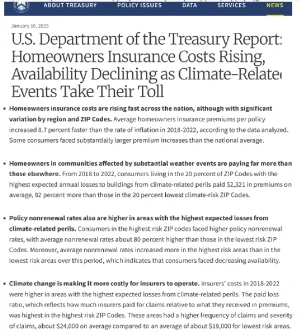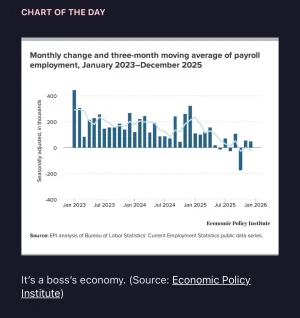Should the dollar be so important as who has the dollar?
As businesses close, people become unemployed. If they stay unemployed for any amount of serious time, they will have less dollars. Having less dollars to survive with, their dollar value is showing a much greater decline to themselves. As prices continue to climb, people who were living close to the edge of poverty start doing without items they need.
Buying on the internet has hurt more businesses than a lot of folk realize. Dollars start to change the hands they were going to. Fewer people have more money, and a greater amount of people have less money.
A lot of states are trying to see the sales tax funds they are losing to internet sales. Internet sales hurt government entities this way. It is almost like a train going high speeds that has lost its breaks. We should try and help each other to slow it down.
Lower interest rates, even if but for a short time, would enable people and government paying higher interest rates to refinance their debts. This would help those in debt, even if those lending the monies would make less. It would help the greater amount of people, while maybe
the fewer might have less income. It may not help those not in debt, including some people living off their Social Security checks.
Insurance rates are increasing, medicine costs are increasing, groceries are increasing, taxes are increasing, deductibles are increasing: those living off of Social Security checks watch the actual value of their checks drop far greater than any SS increases we may or may not see. Many people listened to how they would receive refunds that have received nothing but words.
In this climate, great risks may not be wise. Governments need each other. This is a world we are living in, not just a country. Countries should try and play on level grounds with their imports and exports: their environmental laws and work ethics. We all need to survive this climate, not by taking advantage of those we work with. Little steps are more readily acceptable than all at once techniques. It seems we are at the mercy of each other.
 https://home.treasury.gov/news/press-releases/jy2791 https://www.sciencefriday.com/segments/climate-change-home-insurance/
https://home.treasury.gov/news/press-releases/jy2791 https://www.sciencefriday.com/segments/climate-change-home-insurance/ https://home.treasury.gov/news/press-releases/jy2791 https://www.sciencefriday.com/segments/climate-change-home-insurance/
https://home.treasury.gov/news/press-releases/jy2791 https://www.sciencefriday.com/segments/climate-change-home-insurance/

